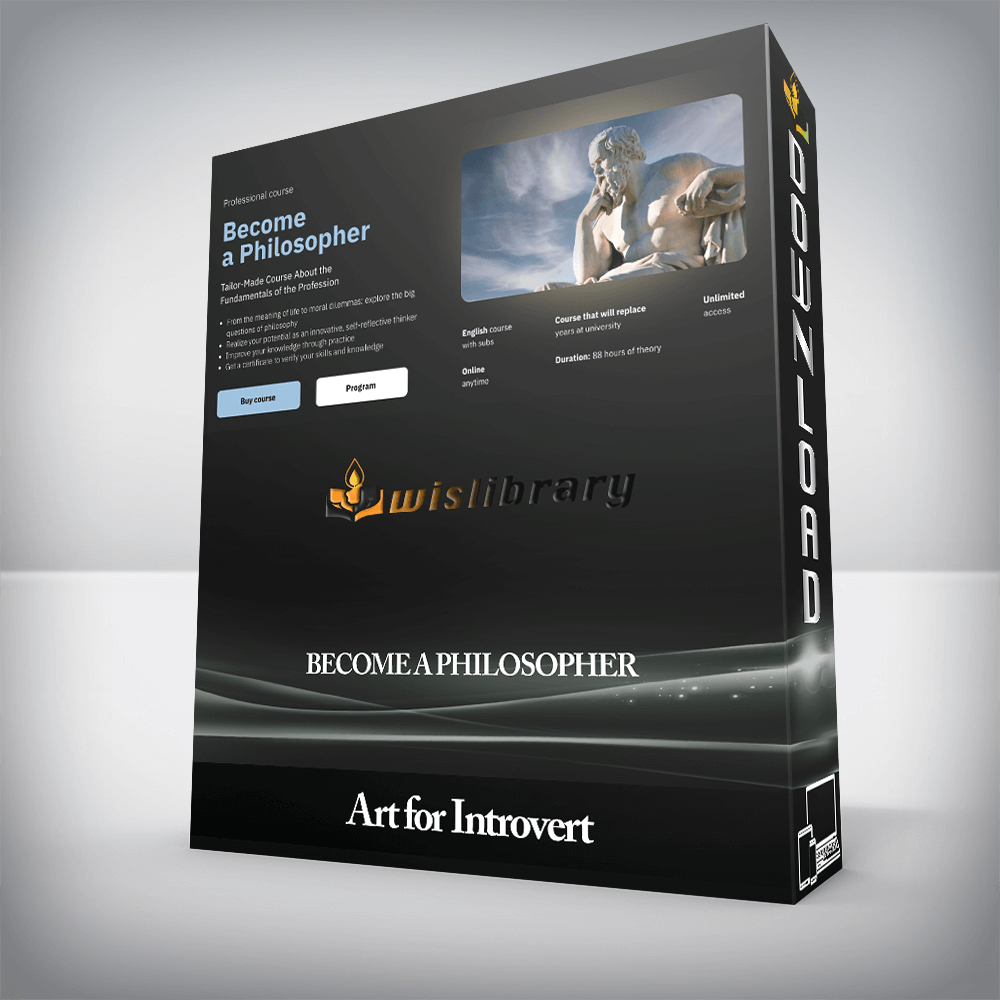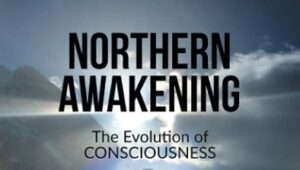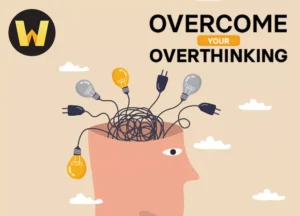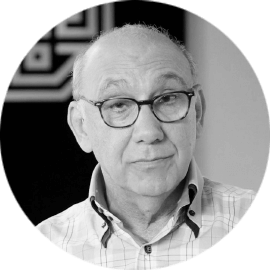Art for Introvert – Become a PhilosopherTailor-Made Course About the Fundamentals of the ProfessionProfessional courseFrom the meaning of life to moral dilemmas: explore the big questions of philosophyRealize your potential as an innovative, self-reflective thinkerImprove your knowledge through practiceGet a certificate to verify your skills and knowledgeThings you will learn1. Critical thinkingWe will explain how to detect factual contradictions, resist verbal manipulation, and think independently.2. Critical thinkingWe will show how philosophy unites various fields of knowledge and why every question has a philosophical side to it.3. Articulate point of viewYou will be able to express an informed opinion and talk about philosophical questions as an expert.4. Systematic thinkingWe will highlight how philosophy affects all spheres of life and how to apply this knowledge in everyday life.5. AnalysisWe will give you the key methods of philosophical analysis that help uncover implicit meanings in painting, cinema, and literature.Course programThe History of Philosophy (7 modules 23 hAntiquityMiddle AgesModern philosophyGerman idealismPhilosophy of the 19th centuryPhilosophy of the first half of 20th centuryPhilosophy of the second half of 20th centuryAn Introduction to Logic: From Aristotle to Everyday Life (5 modules 5 hours)Aristotelian LogicPropositional LogicPredicate LogicGeneral MethodologyAristotelian LogicPropositional LogicPredicate LogicGeneral MethodologyNames, schools, and ideas (5 modules 7 hours)The Formation of Philosophical KnowledgeAncient philosophy. Socrates and PlatoAncient philosophy. AristotleMedieval philosophy. PatristicsWhen Philosophy Became a ScienceMedieval philosophy. ScholasticismPhilosophy of the Renaissance. Man is the measure of all thingsPhilosophy of the Modern Period. The birth of European scienceThe Rise and Fall of ReasonPhilosophy of the Enlightenment. The power of ReasonPhilosophy of German idealism. Kant, Hegel, and philosophy as a system of sciencesPhilosophy of Marxism. New perception of history and societyPhilosophical Ideas of the 20th CenturyPhilosophy of life. Nietzsche at the core of rethinkingPhilosophical language of Russell and Wittgenstein. Language defines realityHeidegger’s philosophy. Existence and the question of beingPhilosophy of the 20th Century: Reinterpretation of Its Own TraditionPhilosophy of existentialism. Freedom and responsibilityPhilosophical hermeneutics of Gadamer. How does understanding workPhilosophy of postmodernism. Modern life in focusExistentialism Explained ( 6 modules 8 hours )We’ll tell you about the key authors, concepts, works, and topics of existentialismThe Origins of Existentialism: Kierkegaard, Dostoevsky, NietzscheGerman Existentialism: Heidegger and JaspersJean-Paul Sartre. The Burden of FreedomAlbert Camus and Absurdist PhilosophyRussian Existentialism: Berdyaev and ShestovSpanish Existentialism: Unamuno and Ortega y GassetBrain, Mind, and Human Cognition (4 modules 10 hours)Nature of Cognition, the Problem of KnowledgeConsciousnessBrain and MindCognitive EvolutionDevelopment of Science and Scientific Methods (6 modules 14 hours)Religion and MetaphysicsObservation & EmpiricismModern RevolutionsBeginnings of Experimental scienceModern Science and Academic CultureEmpiricism and its discontentsInterdisciplinary Unit (3 modules 35 hours)The History of World ReligionsArt of the 20th CenturyCultures of the WorldWho is this course for?Those who want to be a philosopherWe will compartmentalize your knowledge and help you understand the nuts and bolts of philosophical science.Those who want to develop critical thinkingWe will explain how to analyze information and articulate your point of view based on reason.People with creative or scientific mindsetWe will show the interconnection between all the scientific areas and teach you the philosophical strategies of problem-solving.The Formation of Philosophical KnowledgeAncient philosophy. Socrates and PlatoAncient philosophy. AristotleMedieval philosophy. PatristicsWhen Philosophy Became a ScienceMedieval philosophy. ScholasticismPhilosophy of the Renaissance. Man is the measure of all thingsPhilosophy of the Modern Period. The birth of European scienceThe Rise and Fall of ReasonPhilosophy of the Enlightenment. The power of ReasonPhilosophy of German idealism. Kant, Hegel, and philosophy as a system of sciencesPhilosophy of Marxism. New perception of history and societyPhilosophical Ideas of the 20th CenturyPhilosophy of life. Nietzsche at the core of rethinkingPhilosophical language of Russell and Wittgenstein. Language defines realityHeidegger’s philosophy. Existence and the question of beingPhilosophy of the 20th Century: Reinterpretation of Its Own TraditionPhilosophy of existentialism. Freedom and responsibilityPhilosophical hermeneutics of Gadamer. How does understanding workPhilosophy of postmodernism. Modern life in focusAntiquityMiddle AgesModern philosophyGerman idealismPhilosophy of the 19th centuryPhilosophy of the first half of 20th centuryPhilosophy of the second half of 20th centuryThere are no reviews yet.Add a Review Cancel replyYou must be logged in to post a review.
 John Moore – Do Your Own Shadow Work – Beginning to Advanced Practices
₹3,652.00
John Moore – Do Your Own Shadow Work – Beginning to Advanced Practices
₹3,652.00
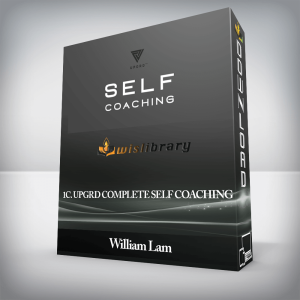 William Lam – 1c. Upgrd Complete Self Coaching
₹10,292.00
William Lam – 1c. Upgrd Complete Self Coaching
₹10,292.00
Art for Introvert – Become a Philosopher
₹12,782.00

